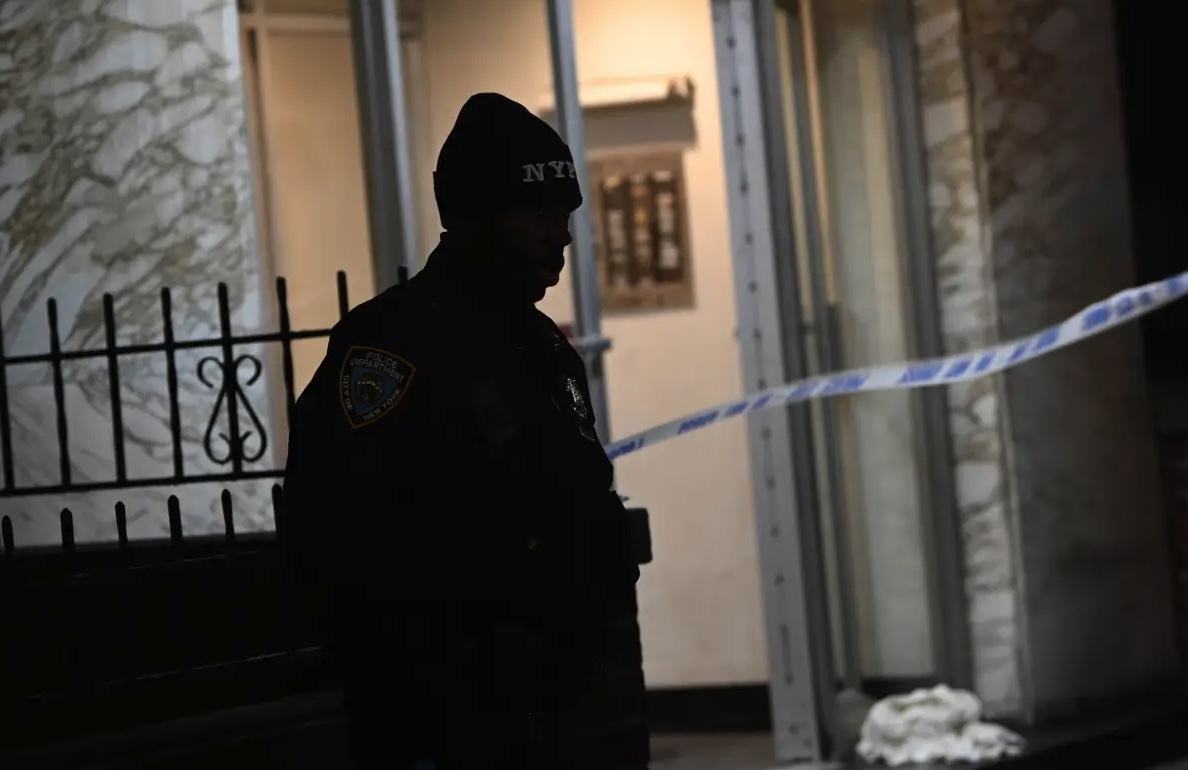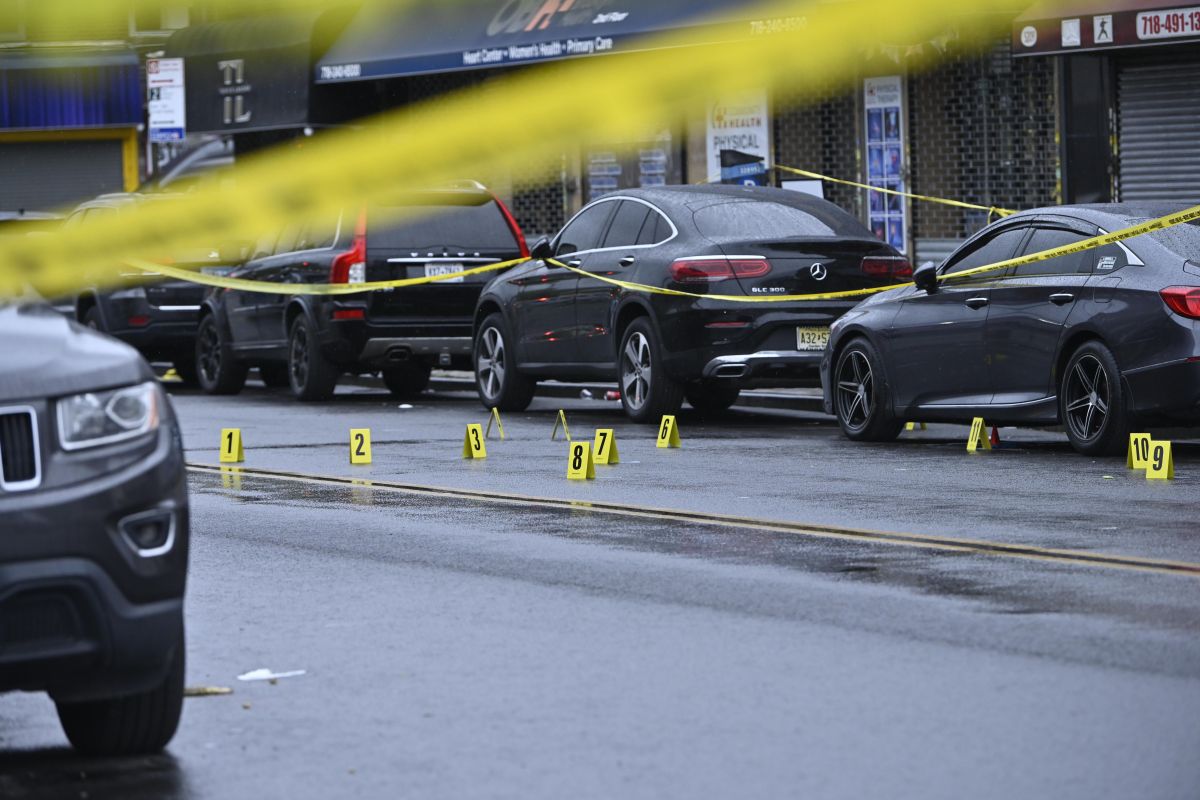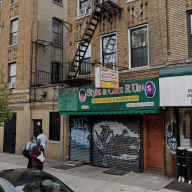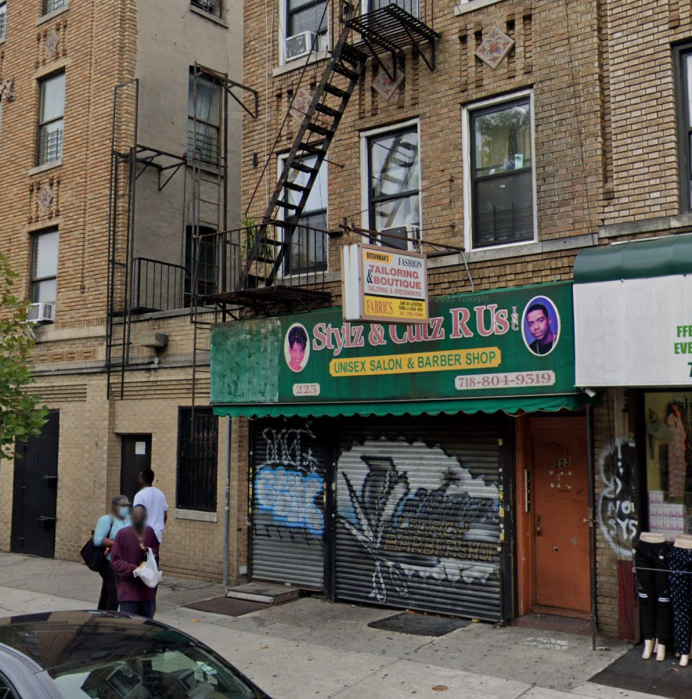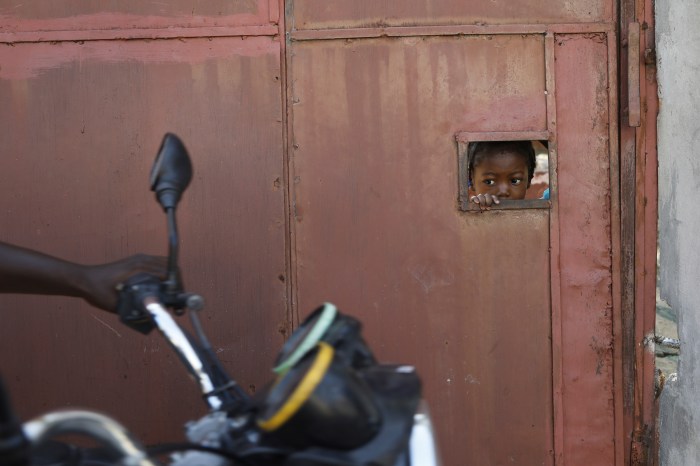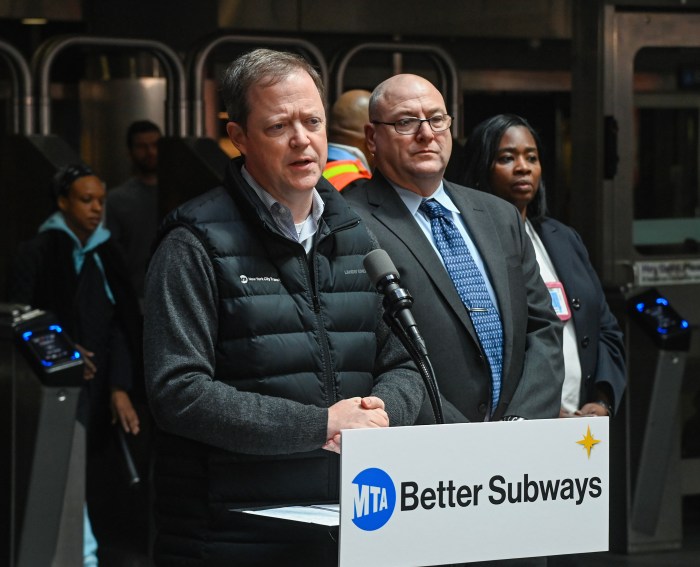You think the economy is bad now? Wait for the other shoe to drop, a leading economist warned last week.
“With the exception of 1929, we seem to be in uncharted waters,” Rosemary Scanlon, an economist with New York University and a Brooklyn Heights resident, told a gathering of real-estate professionals at the Brooklyn Historical Society on Nov. 4.
“Wall Street is our San Andreas Fault, and we’ll see the real fall-out in December, when the bonus pools” dry up, she said, referring to the mega-million-dollar payouts that the Masters of the Universe typically get at the end of the year.
In New York, nine percent of the workforce is in the finance and insurance industries, according to Scanlon’s research — yet 33 percent of the city’s earned wages come from those sectors.
And since about three jobs come from every financier’s salary — nannies, dry cleaners, caterers, for example — any decrease in bonuses has a ripple effect down the chain. These bonus pools affect retail, restaurants, real estate, philanthropy and, perhaps worst of all, the very psyche of the Brooklyn resident.
“I don’t know if we’re ready yet to think about the good signs,” Scanlon said. “It may get better, but I do think we’re in for a rough ride.”
Scanlon identified several sectors of the economy that are about to take a beating:
RETAIL
It’s always a clear sign that retail is hurting when local businesses host sales — with its overhead and dependence on local buyers, any decrease in a price tag is like a stab through the local merchant’s bottom line. But that’s just the case boroughwide, where small shopkeepers pay their full rents and move out without saying a word, or worse, skip town without ponying up the last few payments. In areas that were once booming — Bay Ridge, Downtown — empty storefronts are now littered with “For Rent” signs and “Liquidation Sale” notes. And with Internet shopping so popular right now, “it can make it hard for the independent brick-and-mortars,” said Danielle Maveal, owner of the Fact and Fancy Gallery in Boerum Hill.
REAL ESTATE
“Residential sales are driven by the bonuses on Wall Street,” Scanlon said, referring to the million-dollar bonuses that often went straight into a down payment on a swanky brownstone. Anticipating a downturn, several new luxury condo buildings are offering incentives to entice buyers, absorbing closing costs, for example. “There’s no hiding the reality that sales have slowed down, and we’re not going to kid ourselves about that,” said Robert A. Levine, developer of One Brooklyn Bridge Park.
RESTAURANTS
Nothing says celebrating a bonus or a new deal like going out to eat, but when there’s no bonus, the $150-per-head meal washed down with that $300 bottle of Chateau d’Yquem might not be such a good idea. And talk about bad timing: Morton’s the Steakhouse will open on Nov. 21 in Downtown — complete with its mouth-watering (and wallet-busting) $53 porterhouse.
PHILANTHROPY
Smaller bonuses often mean smaller donations to charities and cultural institutions. “Certainly, there’s a lot of impact,” said Brooklyn Academy of Music spokeswoman Sandy Sawotka. Over the last 40 years, philanthropists have given 2.2 percent less during recessions, statistics show. The worst year was in 1974, when giving fell 5.4 percent.
FEAR ITSELF
As the meltdown continues, the biggest fear is fear itself. Without disposable cash, consumers stop buying those beautiful $2,000 handmade chairs from City Joinery in DUMBO. And then if the woodworkers are laid off, they can’t spend their paychecks on stuff. The result? People move out and New York itself dies. Scanlon said that’s her biggest fear — but she’s hopeful that it won’t happen as long as crime remains low and the city’s cultural vitality remains the best in the world.










